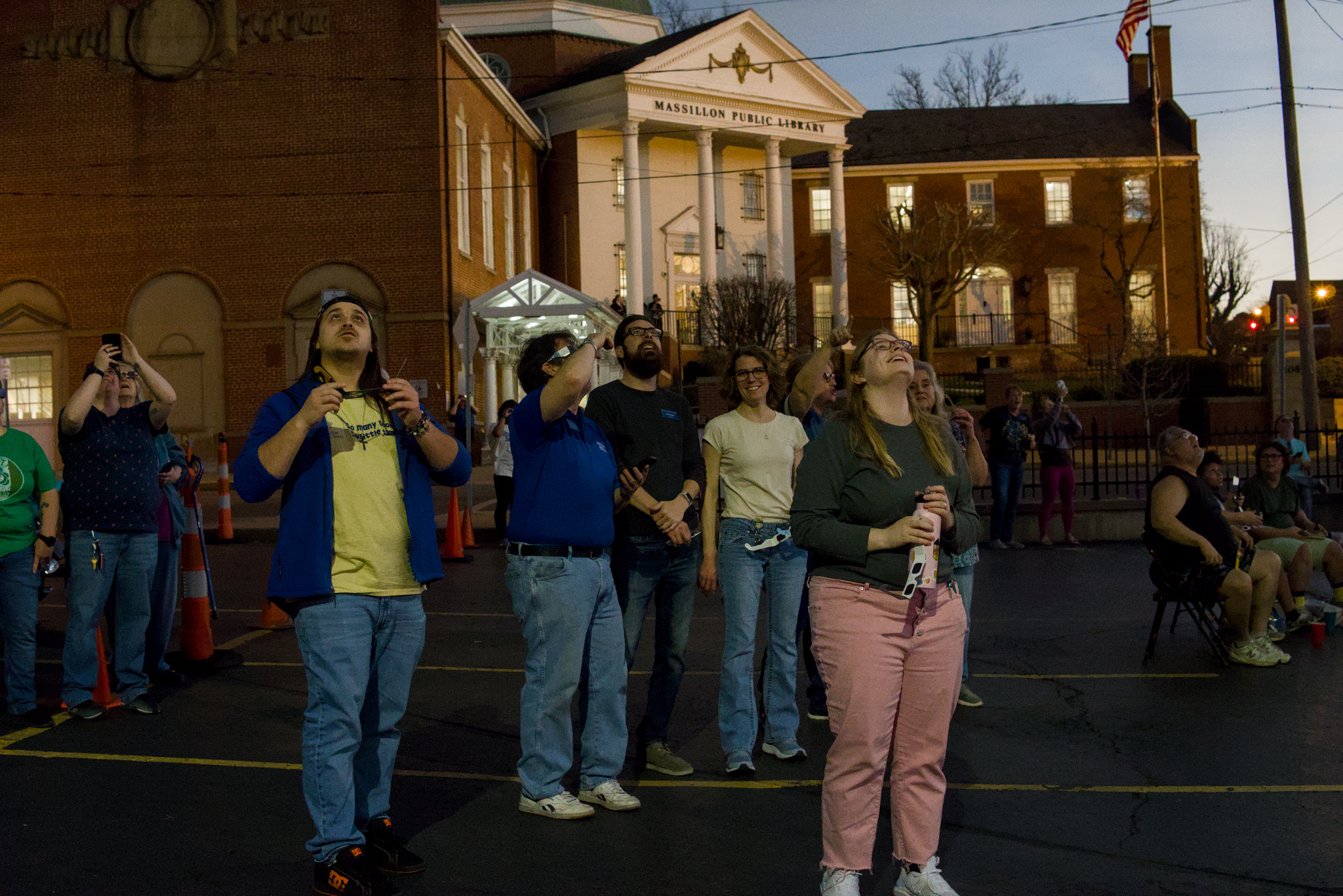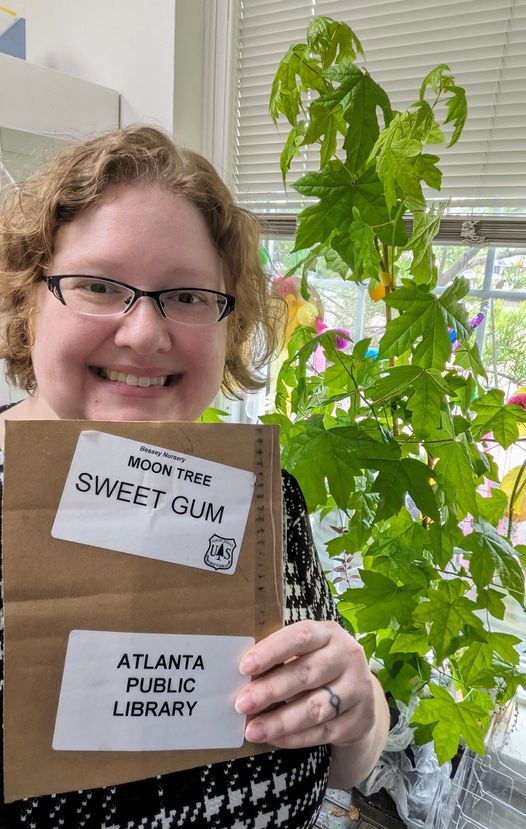Social Library: Eclipse edition
For this edition of the Social Library, we’re taking a look back at how libraries across North America helped their communities celebrate the recent solar eclipse. We know that you probably worked tirelessly to answer questions, pass out eclipse glasses, and promote eclipse-related activities at your library, so now it’s time to give yourself a pat on the back and enjoy stories about how your hard work helped people all across the path of totality—and beyond—enjoy this special day.
Eclipse watch parties
Most communities celebrated with watch parties, which came in all sorts of flavors and stripes. Here are a few examples:
Cheltenham Township Library System (Pennsylvania) celebrated 1700s-style, with Ye Olde Eclipse Party, featuring a historical reenactor who shared his predictions and observations for the 1778 eclipse.
Massillon Public Library (Ohio) brought the tunes with an Eclipse Free Spin, where community members could join to watch the eclipse while enjoying records together.
Guilderland Public Library (New York) also took a musical approach to their eclipse activities, by creating an eclipse playlist compiled from community member suggestions.
Austin Public Library (Texas) got artsy with their watch party. Their Innovation Lab digital makerspace created an Eclipse Day animation by passing out coloring sheets to patrons, with each completed sheet then comprising one frame of the resulting animation.
Arroyo Seco Regional Library (Los Angeles, California) combined art and science for their Poetry in the Park: Solar Eclipse Party, which was co-presented with the Library Foundation of Los Angeles and the Getty Center. The event featured a performance by Los Angeles spoken word icon Alyesha Wise, plus music, crafts, and more.
Keeping eclipse activities sustainable
Libraries across the country are helping to keep eclipse activities sustainable by participating in a program from Astronomers Without Borders, collecting used solar-viewing glasses to be recycled and used in future eclipses. A few examples include Southeast Steuben County Library (New York), Verona Public Library (Wisconsin), and Dover Public Library (New Hampshire).
Beyond the eclipse
NASA@ My Library is an education initiative helping to increase STEM education opportunities in libraries. Crete Public Library (Nebraska) is one of many that took advantage of this opportunity, offering community members the chance to view the partial eclipse through a telescope at their Eclipse Extravaganza. Because Crete has a large Hispanic population, the library offered eclipse materials and activities in both Spanish and English.
NASA@ My Library, STAR Net, and other STEM initiatives offer the chance to learn about astronomy even after the eclipse. One exciting project that libraries were invited to participate in is the NASA STEM Artemis Moon Tree program. Libraries, schools, and other education groups could apply to be moon tree stewards for trees grown from seeds that traveled on the Orion spacecraft. Atlanta Texas Public Library was one of the lucky recipients of a Moon Tree, a sweet gum tree that will be planted on the library grounds. The library will also host programs that celebrate the Moon Tree, space exploration, and conservation.
In San Bernadino, California, the local parks system joined forces with the City of San Bernadino Public Library to host their first Stargazing Party. The event featured retired NASA Astronaut Josè Hernández, who was depicted in the movie, A Million Miles Away. Participants could also stargaze using provided telescopes, enjoy arts and crafts, and a campfire with s’mores.
For even more resources, be sure to check out our article, STAR Net resources for libraries. You can explore ideas and activities from the STAR Library Network (STAR Net), a hands-on learning network for libraries and their communities across the country.
And if you'd like your library to be featured in an upcoming edition of the Social Library, let us know via [email protected] or find us on Facebook.


